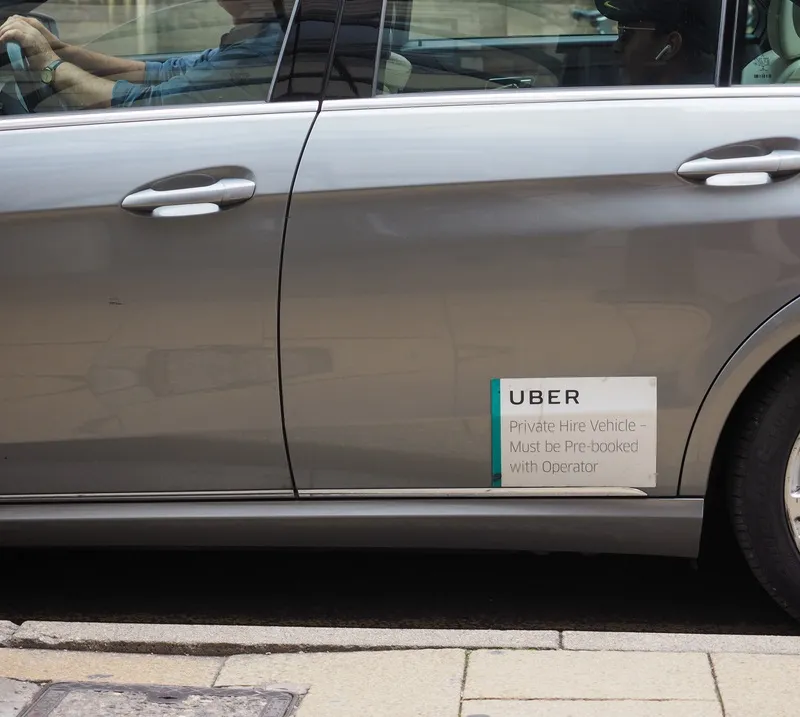
A landmark decision in the UK Supreme Court means that drivers using the Uber app are to be considered 'workers' for employment legislation purposes.
The court upheld a 2016 employment tribunal decision, against which Uber had appealed.
Uber has consistently argued that it simply provides a function as a booking agent, and that drivers are independent contractors who, in effect, work for the customers they carry rather than for Uber.
But the Supreme Court rejects this - and its ruling means that Uber drivers may now have rights such as being paid the national minimum wage and receiving annual paid holiday.
The court said that "the transportation service performed by drivers and offered to passengers through the Uber app is very tightly defined and controlled by Uber".
"Drivers are in a position of subordination and dependency in relation to Uber such that they have little or no ability to improve their economic position through professional or entrepreneurial skill," the judgment continues.
"In practice the only way in which they can increase their earnings is by working longer hours while constantly meeting Uber’s measures of performance."
"The Supreme Court considers that comparisons made by Uber with digital platforms which act as booking agents for hotels and other accommodation and with minicab drivers do not advance its case," it adds.
It also found that drivers must be considered to be working for Uber when they are logged into the app - not just when they are actually driving passengers to their destinations.
Uber UK countered that the decision applied to a "small group of drivers using the Uber app in 2016" and pointed out that the classification of 'workers' is not the same as 'employees'.
"Worker is a UK specific legal classification and a worker is not an employee," the company says. "Employee status was not claimed in the litigation and so this ruling does not find the claimants to be employees."
It argues that the company has made "significant changes to our business and have been guided by drivers every step of the way".
It adds: "Drivers now have full transparency over the price and destination of their trip, and since 2017 there has been no repercussion for rejecting multiple consecutive trips."
"Drivers told us that they wanted protections such as free insurance to cover sickness or injury, but not at the cost of flexibility," the company continues.
"They want to remain independent, accessing flexible earnings opportunities when they want it, and protection and benefits when they need it. Nearly 90% say that this flexibility is the most important reason they use the Uber app."
Uber says it is launching a nationwide consultation "to seek the views of all active drivers who use our app in the UK" and will share its next steps "over the coming weeks".
In the US, drivers for companies such as Uber and Lyft remain independent contractors.
A vote in California approving Proposition 22 last November allowed gig economy companies to be exempt from new employment law.
However, a number of US states are considering legislation around regulating ride-hailing and other gig economy jobs.










